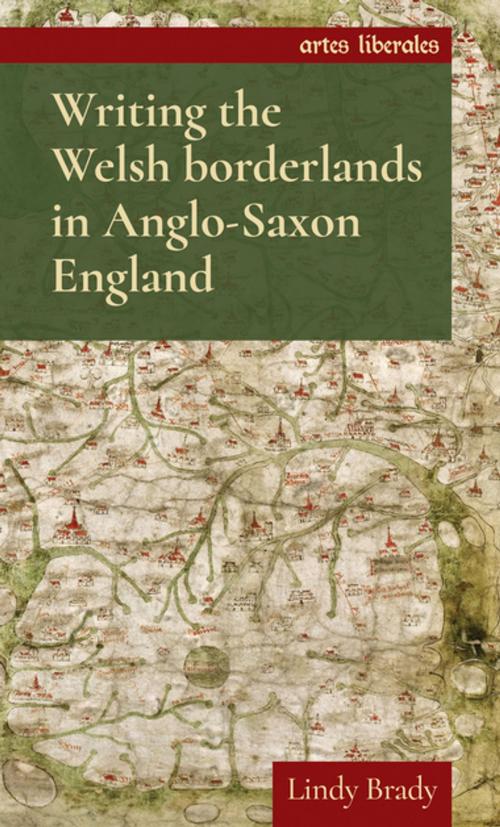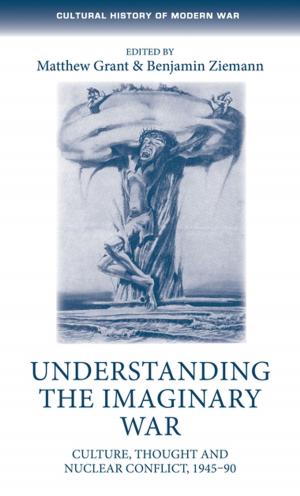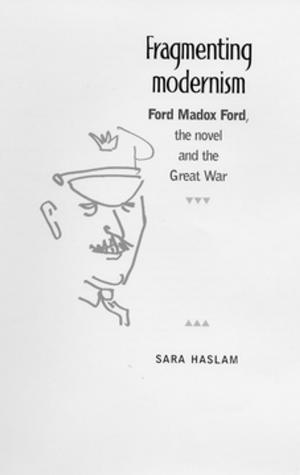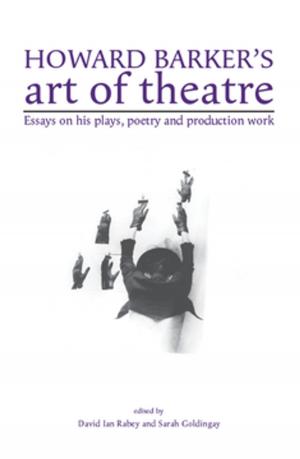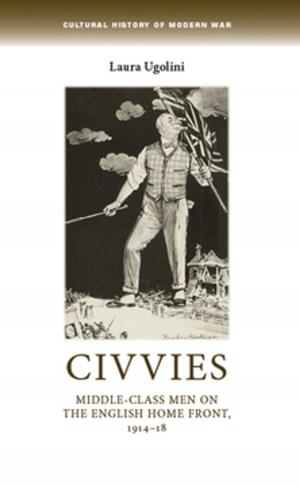Writing the Welsh borderlands in Anglo-Saxon England
Fiction & Literature, Literary Theory & Criticism, Medieval, Nonfiction, History, British| Author: | Lindy Brady | ISBN: | 9781526115751 |
| Publisher: | Manchester University Press | Publication: | May 31, 2017 |
| Imprint: | Manchester University Press | Language: | English |
| Author: | Lindy Brady |
| ISBN: | 9781526115751 |
| Publisher: | Manchester University Press |
| Publication: | May 31, 2017 |
| Imprint: | Manchester University Press |
| Language: | English |
This is the first study of the Anglo-Welsh border region in the period before the Norman arrival in England, from the fifth to the twelfth centuries. Its conclusions significantly alter our current picture of Anglo/Welsh relations before the Norman Conquest by overturning the longstanding critical belief that relations between these two peoples during this period were predominately contentious. Writing the Welsh borderlands in Anglo-Saxon England demonstrates that the region which would later become the March of Wales was not a military frontier in Anglo-Saxon England, but a distinctively mixed Anglo-Welsh cultural zone which was depicted as a singular place in contemporary Welsh and Anglo-Saxon texts. This study reveals that the region of the Welsh borderlands was much more culturally coherent, and the impact of the Norman Conquest on it much greater, than has been previously realised.
This is the first study of the Anglo-Welsh border region in the period before the Norman arrival in England, from the fifth to the twelfth centuries. Its conclusions significantly alter our current picture of Anglo/Welsh relations before the Norman Conquest by overturning the longstanding critical belief that relations between these two peoples during this period were predominately contentious. Writing the Welsh borderlands in Anglo-Saxon England demonstrates that the region which would later become the March of Wales was not a military frontier in Anglo-Saxon England, but a distinctively mixed Anglo-Welsh cultural zone which was depicted as a singular place in contemporary Welsh and Anglo-Saxon texts. This study reveals that the region of the Welsh borderlands was much more culturally coherent, and the impact of the Norman Conquest on it much greater, than has been previously realised.
